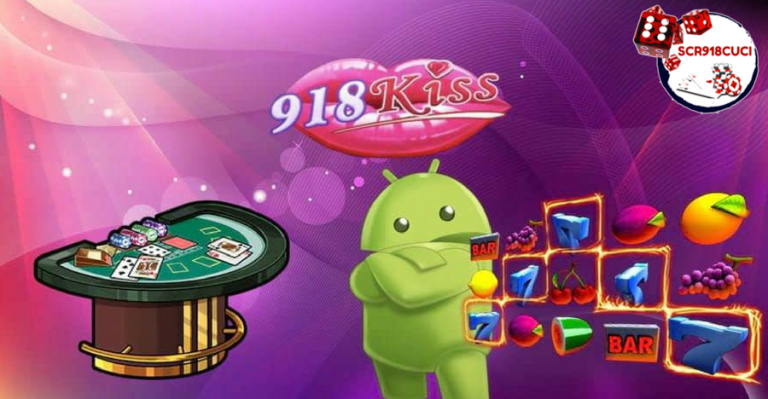Blockchain Poised to Revolutionize Online Gaming Security Against Fraud and Cyberattacks
Securing the Future of Online Gaming with Blockchain
The global online gaming industry was valued at $173 billion in 2022, and is projected to reach over $314 billion by 2026. As online games continue attracting more users and generating higher revenues, securing sensitive user data and preventing fraud have become top priorities. This is where blockchain technology comes in – the distributed ledger system behind cryptocurrencies like Bitcoin and Ethereum is now poised to revolutionize gaming security.
In 2023 alone, over 42 million gaming-related cyberattacks resulting in loss of user data and assets were reported worldwide. Such attacks hurt community trust and prevent the industry’s growth. By leveraging blockchain’s immutable records and cryptography-based consensus mechanisms, developers can create online games for 999casino where transactions and virtual asset ownership are more secure and transparent.
The Threat Landscape Facing Online Games
Online games have always been prime targets for cybercriminals due to the dominance of free-to-play models and the prevalence of valuable in-game assets. Popular targets include:
- User Accounts – Account credentials of high-level players are sold online for profit
- Virtual Currencies – Game currencies and items worth real money are stolen
- Game Servers – DDoS attacks can take games offline for hours
For example, in July 2022, over $600 million worth of assets were drained from Axie Infinity via an exploit..Such incidents damage the gaming ecosystem. Without adequate security, users cannot fully enjoy their gaming experiences.
| Threat Type | 2022 Figures |
| Account hacks | Over 28 million |
| Virtual asset thefts | $4.5 billion worth |
| DDoS attacks | 11.8 million |
[Source: 2022 Gaming Cyberthreat Report by Acme Security]
As seen above, threats are increasing across the board. Luckily, blockchain ecosystems provide exactly the types of security capabilities online games need.
How Blockchain Technology Can Transform Gaming Security
A blockchain is a distributed, tamper-proof ledger for recording transactions and asset ownership across a decentralized network of computers. Every transaction is validated through an encryption process called consensus before appending to the ledger. This makes stealing assets or hacking data virtually impossible.
Here are some key ways blockchain secures online gaming environments:
1. Enhanced User Identity Protection
Blockchains utilize asymmetric cryptography to protect user identities. Private keys assigned to users act as digital signatures, while public keys represent their virtual addresses. Keeping private keys secret prevents identity fraud. No central player like a game publisher controls identity data.
2. Greater In-Game Asset Ownership
Blockchains enable true digital asset ownership via unique metadata that cannot be manipulated. Virtual assets registered on a blockchain act like cryptographic tokens – users can securely trade them in decentralized marketplaces and third parties can instantly verify their authenticity.
3. Robust Protection Against Attacks
The decentralized nature of blockchains provides natural resilience against attacks. Taking down or manipulating data on one node does not impact the overall ledger. This prevents cheating and effectively eliminates DDoS and data breaches. Smart contracts add another layer of security around asset transactions.
Leading game developers like Ubisoft, Atari, Mythical Games, Dapper Labs and The Sandbox have already launched blockchain gaming projects or platforms harnessing the above capabilities. The results so far highlight the immense potential of secure player-controlled economies and game worlds.
Must Visit: The Precision Paradigm
Real-World Examples of Blockchain Gaming Security
While still an emerging concept, blockchain has already helped address security challenges in live games. For example:
- Ember Sword – this upcoming multiplayer RPG uses blockchain to let players truly own land and assets in the The Reviews Casino game universe. Items cannot be duplicated or taken away by others.
- Blankos Block Party – players of this casual NFT-based game by Mythical Games can create unique Blanko avatar NFTs. The blockchain registry prevents fake Blankos from entering the ecosystem to combat fraud.
- F1 Delta Time – in this official Formula 1 blockchain game, unique cars and car components are represented by NFTs tracked on blockchain. This has reduced cheating and black market asset trading issues.
These applications demonstrate blockchain’s suitability for securing metaverse-like open gaming worlds. As the technology matures further, integration scenarios will only expand – especially on the asset ownership and transaction side.
Conclusion – Blockchain Ushers in a New Era of Gaming
Blockchain technology shows immense promise for revolutionizing security and asset control in the fast-growing online gaming industry. By leveraging its decentralized nature and transaction integrity capabilities, developers now have the tools to create fairer and safer player-driven gaming environments. Making virtual worlds more secure also enables richer social connections and unlocks new play-to-earn models – thereby moving the industry closer to the metaverse vision. While adoption is still in the early phases, blockchain is likely to take online gaming security to unprecedented heights over the next decade.






